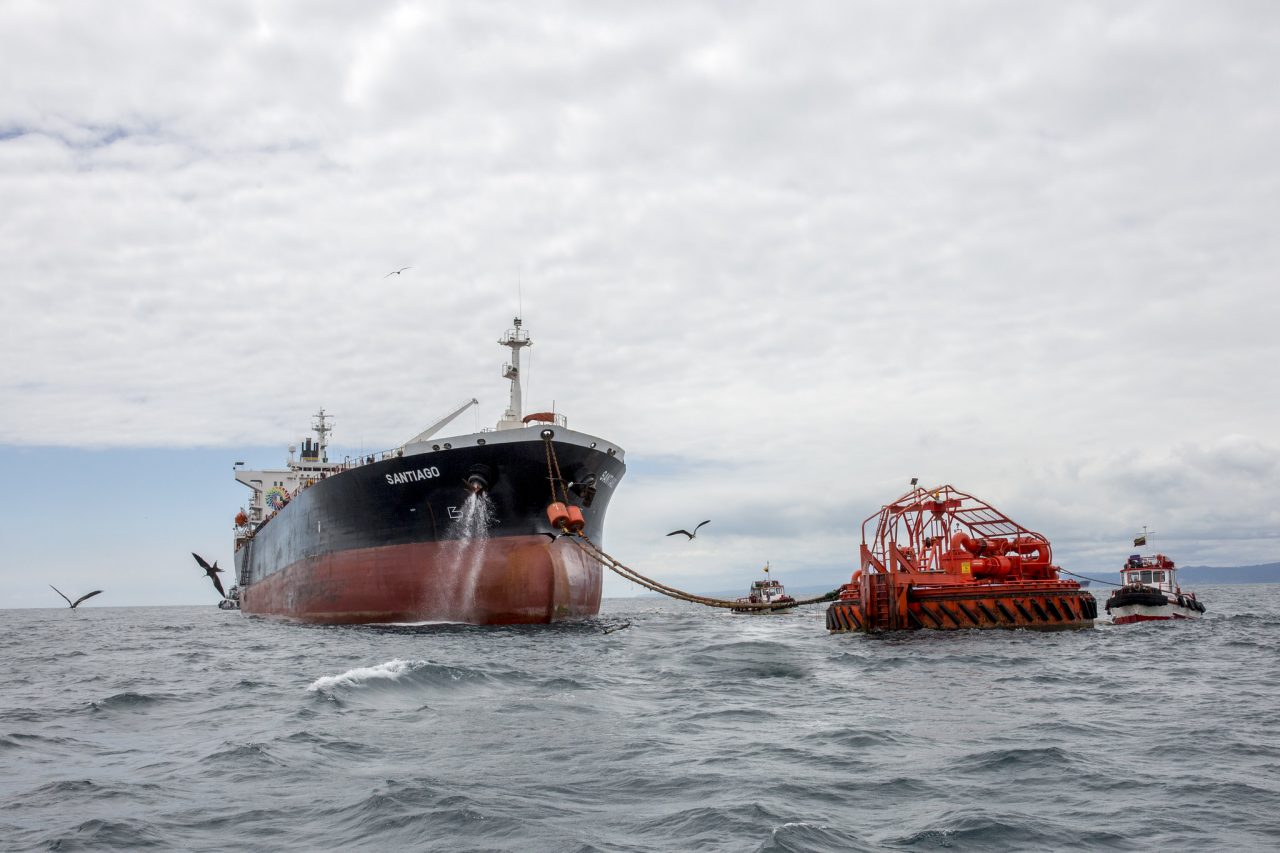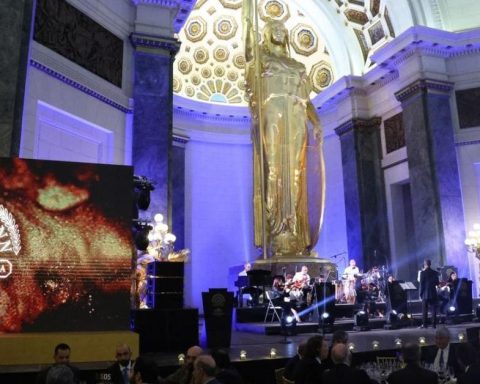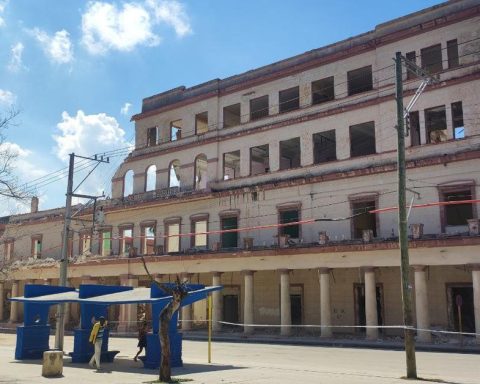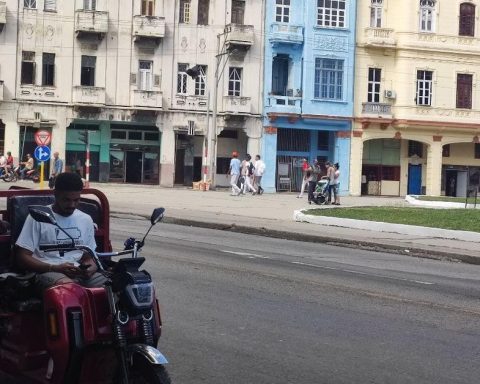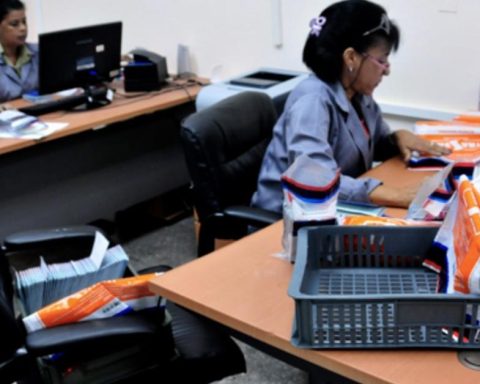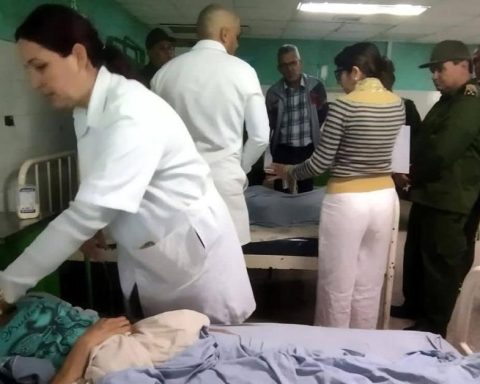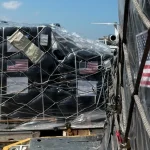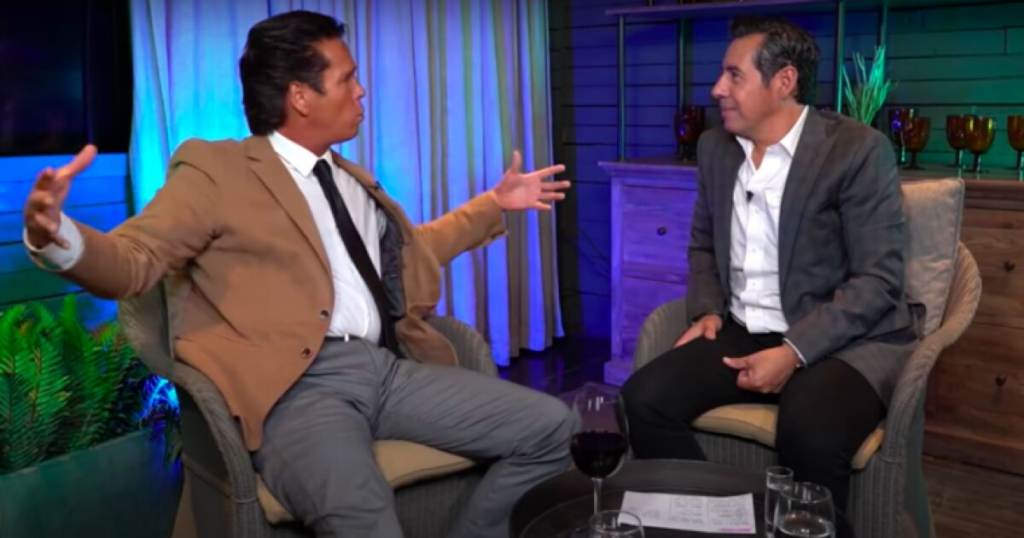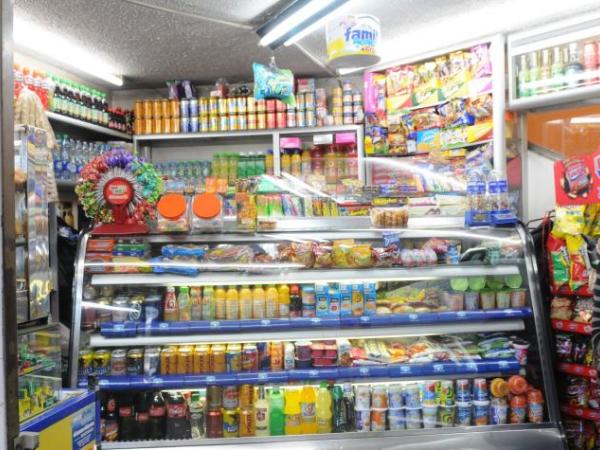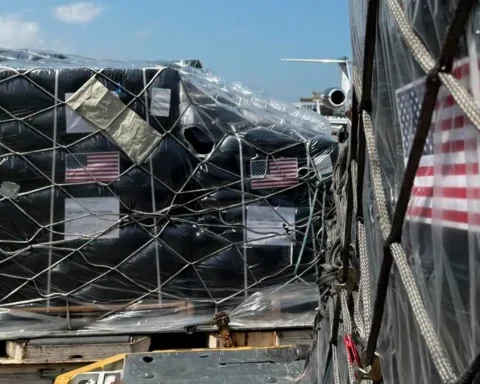Papers in the hands of the Supervisory Commission of the Assembly show that the money from the Chinese debt for oil actually came from European banks.
The story has the ingredients of a suspense novel with hints of government propaganda, corruption and geopolitical interests.
On the one hand, the government of Rafael Correa desperately seeks sources of financing for the infrastructure works that, in the first place, will boost the country’s economy (which happened a few years ago) and -in his opinion- will cause foreign investment to pour into the country (something that has not yet happened).
He seeks alternative financing, first of all, to sustain his anti-system discourse, which includes criticism of the International Monetary Fund (IMF), the World Bank (WB) and other traditional sources; and, furthermore, because in practice those keys were closed in 2009 after qualifying as illegitimate a section of the foreign debt and stop paying it.
And on the other hand, there is China, a country with a lot of money and a great interest in replacing the United States as a partner main of Latin American countries.
The formula for this arrangement seemed simple: China was lending us about $18 billion to build the infrastructure we needed and we would return to the Asian nation the credits in money, in one part, and the other through the delivery of 1,330 million barrels of oil until 2024; what is known as oil presale.
What the common Ecuadorian never noticed in this apparently simple equation were details such as cash payments were agreed at 8% interestaround double the average charged for the much-maligned IMF loans.
And as for oil pre-sales, we have delivered oil since 2009 below the market price, at a rate of $3.6 less per barrel. Some calculations indicate that Ecuador has lost $4,226.4 million in this business. And more so now, when there is a recovery in the price of crude oil.
A great plot of corruption
These are not the only problems with oil presales. Several investigations have shown that behind the business an intermediary network was formed that involved public officials, lobbyists, intermediaries and oil companies. The summary of this is that the oil with which we have been paying the debt acquired with China, never reached that country but was resold and this enriched many pockets.
Among the former officials, whose names are mentioned as being involved, are Rafael Correa and Jorge Glas; the former International Trade Manager of Petroecuador, Nielsen Arias; Marco Calvopiña and Pedro Merizalde, former managers of Petroecuador; and former ministers Wilson Pástor, Rafael Poveda and Pabel Muñoz.
A report in the newspaper El Universo, published on January 7, recalled that Raymond Kohut, director of the Russian company Gunvor, admitted in US courts that he gave around $70 million between 2012 and 2015 in bribes and kickbacks, so that contracts were awarded in favor of the firms that operated as intermediaries in the transactions of Ecuadorian crude oil committed to China. Who received it and in what amounts remains to be determined.
European participation
The novel of the businesses behind the oil pre-sales to China has another edge, according to the aforementioned report by El Universo: the participation of European banks in the plot.
According to documents in the hands of the president of the Supervisory Commission, Fernando Villavicencio, financial entities such as the Geneva branch of the Bank ING Belgium and the French Natixis and Société Générale de Paris acted as financiers of oil brokerage. This is shown by dozens of bill of lading endorsements drawn on behalf of those entities.
Then, according to research, the oil from the Chinese debt was delivered mainly to the companies Gunvor and Core Petroleum, which, in turn, resold it to Petroperú.
This shows, according to Villavicencio, that China did not finance Ecuador.
In exchange for this, Gunvor, for example, according to the version of his manager prosecuted in the US “helped secure financing for approximately $5.4 billion in oil-backed loans”.
In its report, El Universo shows the scheme with which prepaid Ecuadorian oil moved. Generally, the ship named Kerala took out the crude oil from Esmeraldas; the hydrocarbon was sold to a Chinese company, which delivered it to the Natixis bank (from France); this, in turn, transferred it to an intermediary firm such as Gunvor, which ended the business by reselling the product to Petroperú.
And in the case of oil pre-sale arranged with Petrothailand (PTT), the Commander ship was in charge of exporting crude oil; The Asian oil company negotiated the hydrocarbon with the ING Belgium Bank, which passed it to Gunvor and this to Petroperú. In certain cases, the intermediary was Core Petroleum, but destiny was always Petroperú.
At the end, the injured party is Ecuador, which sells cheap oil, while dozens of people get rich through this intermediation. (DLH)
